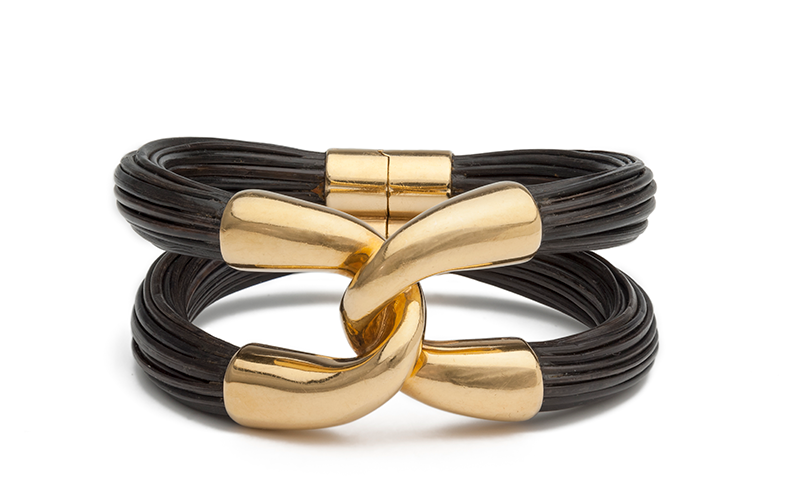- Events & Programs Home
- Calendar
- Accessibility
- Adults
-
Families & Teens
- Families & Teens Home
- 10x10 Teen Art Expo
- Art on the Rise
- Art Together: Art Making for Families with Children Ages 3–5
- Babies Sing with May Festival Minis
- Boy Scouts / Girl Scouts
- CAM Kids Day
- Family Storytime and Gallery Walk
- Family Studio: Art Making for Families with Children Ages 6–12
- Games in the Galleries
- Members-Only Baby Tours
- Public Baby Tours
- REC Reads
- Rosenthal Education Center (REC)
- Saturday Morning Art Class
- See Play Learn Kits
- Summer Camp
- Teen Fest: Zine and Comic Exchange
- RECreate
- Teachers
- Community Outreach
- Fundraisers
- Plan Your Own Event

- Events & Programs Home
- Calendar
- Accessibility
- Adults
-
Families & Teens
- Families & Teens Home
- 10x10 Teen Art Expo
- Art on the Rise
- Art Together: Art Making for Families with Children Ages 3–5
- Babies Sing with May Festival Minis
- Boy Scouts / Girl Scouts
- CAM Kids Day
- Family Storytime and Gallery Walk
- Family Studio: Art Making for Families with Children Ages 6–12
- Games in the Galleries
- Members-Only Baby Tours
- Public Baby Tours
- REC Reads
- Rosenthal Education Center (REC)
- Saturday Morning Art Class
- See Play Learn Kits
- Summer Camp
- Teen Fest: Zine and Comic Exchange
- RECreate
- Teachers
- Community Outreach
- Fundraisers
- Plan Your Own Event
Bracelet by Boucheron
Bracelet by Boucheron
- Home
- Plan Your Visit
- Art
-
Events & Programs
- Events & Programs Home
- Calendar
- Accessibility
- Adults
-
Families & Teens
- Families & Teens Home
- 10x10 Teen Art Expo
- Art on the Rise
- Art Together: Art Making for Families with Children Ages 3–5
- Babies Sing with May Festival Minis
- Boy Scouts / Girl Scouts
- CAM Kids Day
- Family Storytime and Gallery Walk
- Family Studio: Art Making for Families with Children Ages 6–12
- Games in the Galleries
- Members-Only Baby Tours
- Public Baby Tours
- REC Reads
- Rosenthal Education Center (REC)
- Saturday Morning Art Class
- See Play Learn Kits
- Summer Camp
- Teen Fest: Zine and Comic Exchange
- RECreate
- Teachers
- Community Outreach
- Fundraisers
- Plan Your Own Event
- Give & Join
- About
- Tickets
- Calendar
- Exhibitions
- Collections
- Blog
- Shop

Boucheron (French, est. 1858), Bracelet, 1971, gold, elephant hair
Audio Description
This bracelet was manufactured by French jewelry house Boucheron, which was established in 1858. It was designed and made in 1971.
Strands of thick dark brown elephant hair form two parallel ropes that are bound together at the back of the bracelet by polished yellow gold. The separate ends are finished at the center front with polished yellow gold that links around each other.
Label Copy
This bracelet was manufactured by French jewelry house Boucheron, which was established in 1858. It was designed and made in 1971.
Founded in the mid-nineteenth century in Paris, the house of Boucheron remains today a mainstay of elegant, and expensive, fine jewelry studded with precious gems. But in the 1960s and ‘70s, Boucheron endorsed the newest trends and offered jewelry of pure modernity. Like other forward-thinking firms, it advanced collections with themes such as space, abstraction, and nature. Their in-house designers experimented with new materials to appeal to its well-heeled hippie clientele. The incorporation of natural elements such as ivory, bone, and tortoiseshell, materials that are now banned from use, resonated with the upper-class counterculture.
Perhaps exploiting the casual feel of the safari-style popularized by fashion designer Yves St. Laurent in his late 1960s collections, this bracelet has a sense of the wild. Boucheron captured the moment with this substantial bracelet of polished gold and hefty strands of elephant hair. This ultra-modern, minimalist piece, with no texture, no gems, no pretentiousness, focuses the eye on its unusual material.
Cincinnati, OH 45202
Toll Free: 1 (877) 472-4226
Museum Hours
Museum Shop
Terrace Café
Library
Cincinnati Art Museum is supported by the tens of thousands of people who give generously to the annual ArtsWave Campaign, the region's primary source for arts funding.

Free general admission to the Cincinnati Art Museum is made possible by a gift from the Rosenthal Family Foundation. Exhibition pricing may vary. Parking at the Cincinnati Art Museum is free.
Generous support for our extended Thursday hours is provided by Art Bridges Foundation’s Access for All program.

General operating support provided by:



